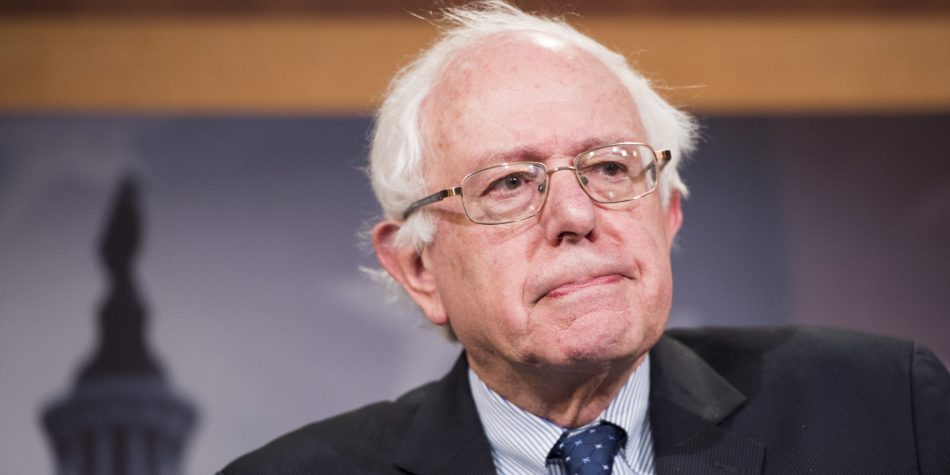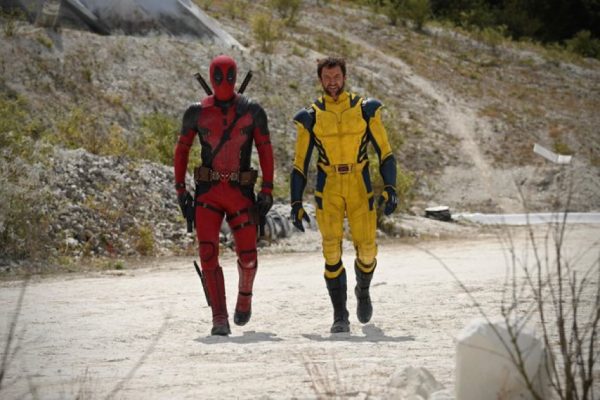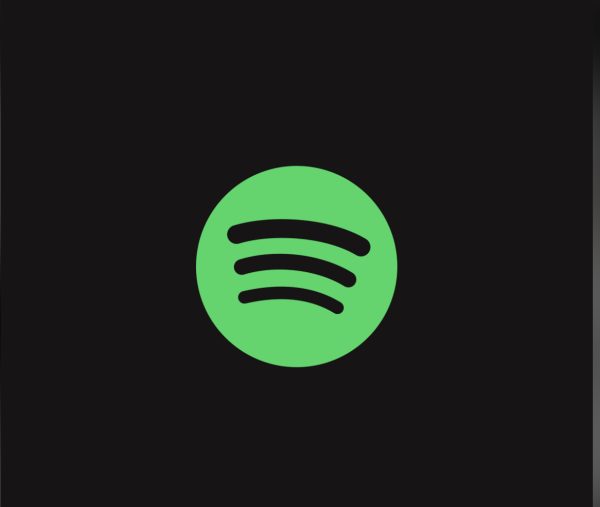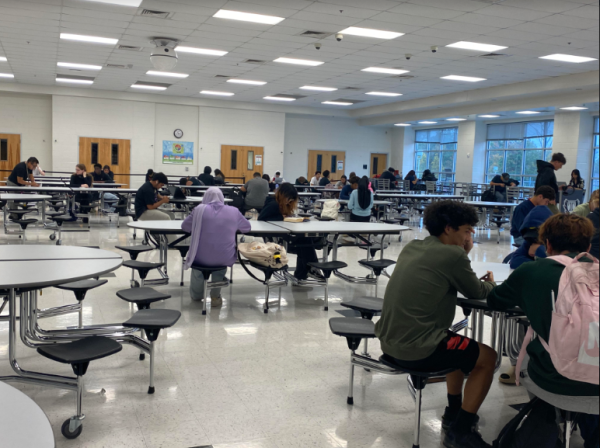Crash and Bern
For many, Bernie Sanders was the progressive, candid alternative to Hillary Clinton’s shady character in the Democratic primary race. For a while, it seemed that his optimistic message was resonating with the American public. Supporters flocked to his events, and social media activism on the part of his ardent supporters made it seem as if the entire country had been swept with Sanders fever. As the Democratic convention rolls closer, however, it seems as if Sanders’ support will fall short of carrying him to the nomination.
Bernie Sanders won Rhode Island’s primary and picked up 13 of the state’s 24 voting delegates. However, his campaign’s celebration was short-lived; Sanders lost Connecticut, Delaware, Maryland, and Pennsylvania to Clinton, who collected 193 delegates to Sanders’ 133. Clinton’s campaign currently stands at 2,151 delegates—1632 of which are pledged—while Sanders lags behind at 1,338 overall delegates and 1,299 pledged ones.
What happened to the momentum that Sanders’ campaign seemed to be quickly building toward the end of 2015 and into the New Year? The raucous rallies that had seats for fewer than half of the thousands who showed up? Much of the perceived shortfall in Sanders’ performance can be accounted for by the demographics of his voting bloc as opposed to Clinton’s. Sanders’ populist message resonates with younger Americans, many of whom are either too young to vote or have not yet developed a solid voting habit. Similarly, Sanders’ popularity with working-class Americans, while vocal, does not translate to the ballot box.
Hillary Clinton, on the other hand, wins supporters mainly from affluent and minority communities. While not as commonly seen at political rallies and on social media platforms, the majority of individuals belonging to these demographics are active and of-age voters. Thus, Clinton’s less-vocal support tends to translate far better to actual results than does Sanders’.
Bernie Sanders’ campaign has brought to light a significant shift in the interests of American voters and has revealed a universal frustration among the millennial generation with the political system. However, it doesn’t appear that his support will be enough to win him the election.













